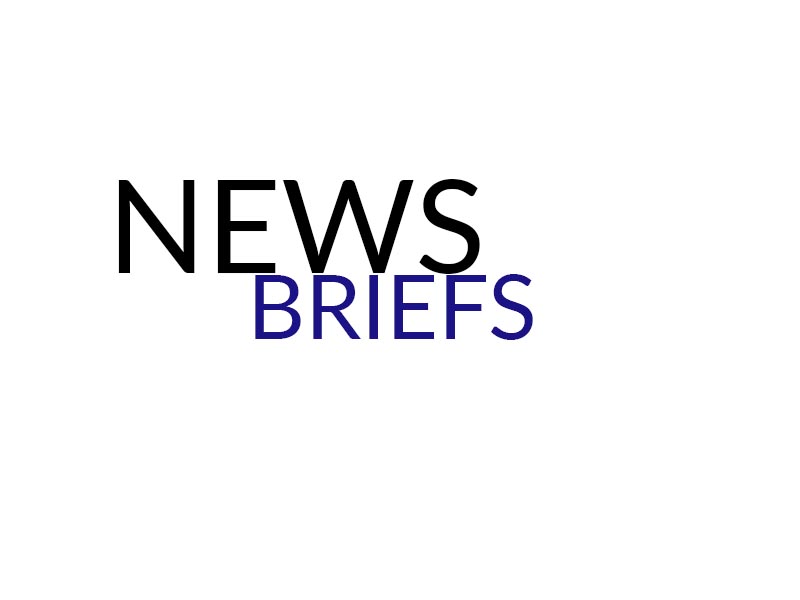Students and Researchers Given Access to Satellite Imagery
The DigitalGlobe Foundation granted students and researchers at UCSD and another select institution access to their DigitalGlobe Basemap, a database of global high resolution satellite imagery, on March 18,. The database, which individual students and faculty generally inaccessible to the public, will allow opportunities for research on a global scale.
The foundation chose UCSD based on the large amounts of research done on satellites and geospatial data. “The university’s Dr. Albert Lin is an early adopter of commercial satellite imagery,” explained Mark E. Brender, executive director of the DigitalGlobe Foundation, “so it was only natural that the DigitalGlobe Foundation would select his institution for the pilot program.”
The DigitalGlobe Basemap includes 15 years of global imagining data that their satellites continue to collect. The newest satellite, WorldView-3, captures the Earth’s surface with a 30-cm ground resolution.
UCSD’s Qualcomm Institute and the School of International Relations and Pacific Studies has created the Big Pixel Initiative to maximize use of the mapping system. The initiative is planning a hackathon as well as offering $5000 to $15000 grants to students and faculty who present an interesting use of BaseMap data.
Albert Lin, joint manager of the Big Pixel Initiative, commented,“ We hope to demonstrate to DigitalGlobe Foundation the value of this campus as a partner in identifying and conducting research that utilizes imagery at scale to address questions of global importance.”
UCSD Library Awarded $750,000 for System
The Andrew W. Mellon Foundation granted the UC Press and the California Digital Library $750,000 last month to fund development of an open-source, web-based content and workflow management system. The goal of the system is to support publication of open access monographs, written studies on a specialized subject, in humanities and social sciences. The system will be available to library and academic publishers as well as university presses.
The system will work in conjunction with Luminos, a web based system for delivery of open access scholarly materials announced by the UC Press in February. The goal of the new workflow management system is to lower costs by increasing the efficiency of systems related to open access material and creating easier ways of managing content authorship, manuscript submission, peer review, and managing publishing platforms and repositories.
The UC Press and the California Digital Library hope that these systems will create a sustainable publishing resource, improving academic communities and enable further monographic publishing practice.
UC Press Director Alison Mudditt said of the projects plans, “We want to drive innovation that shapes—rather than merely responds to—how scholarship can thrive in a global, deeply networked, public sphere,” continuing, “Digital infrastructure is essential for us to publish traditional and innovative forms of research cost-effectively and ensure maximum global reach. This is not a problem for UC Press alone, however, and by developing an open source solution we believe our system can benefit all of university and library publishing.”








